5 Reasons Gamey Taste in Meat Bothers Some People
Gamey taste in wild meat can be off-putting due to strong aromas, unfamiliar palates, tough textures, psychological factors, and improper preparation.
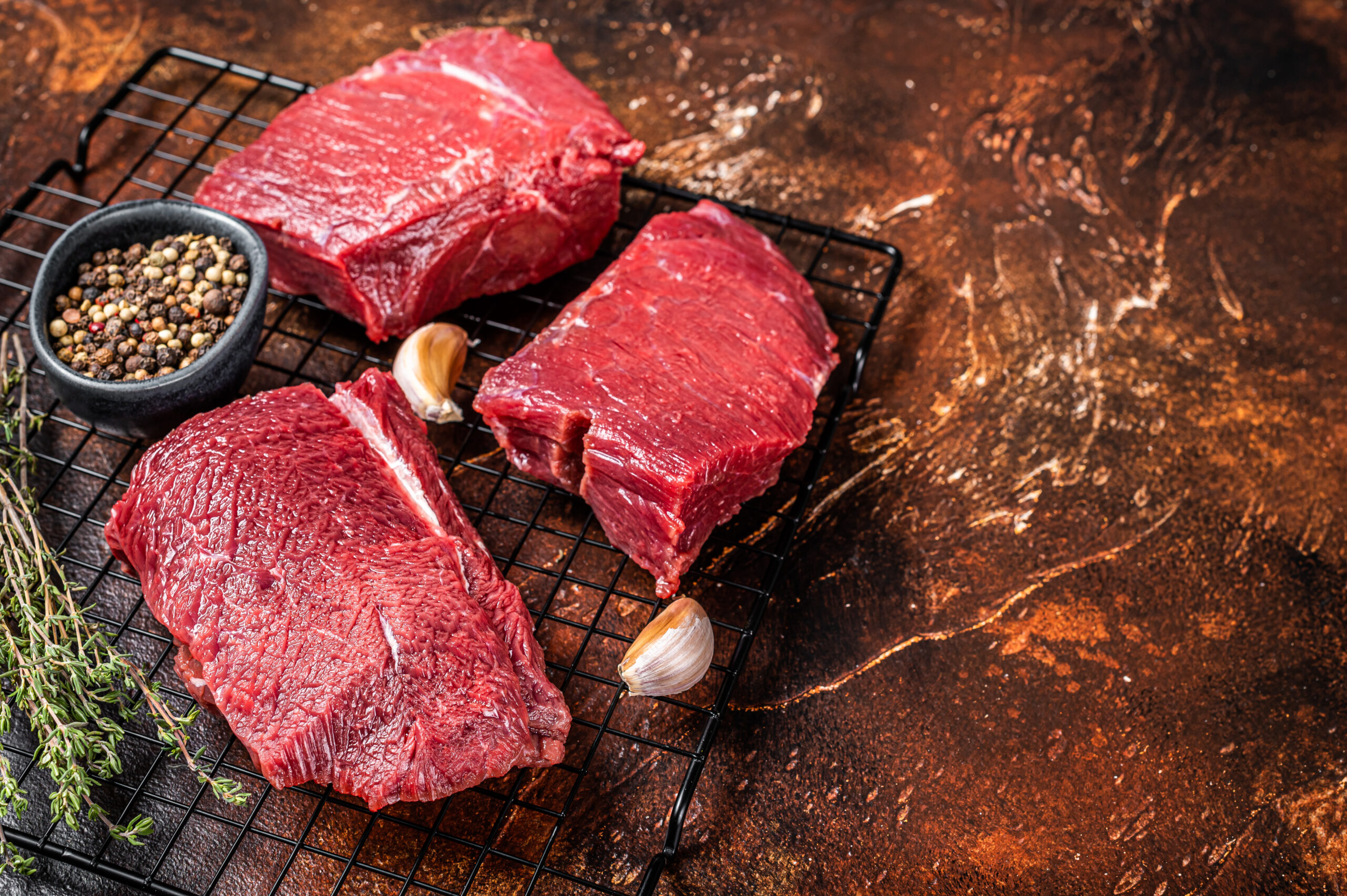
The term ‘gamey’ often comes up in discussions about the flavor of wild-caught meat, and it can be a polarizing topic. While some savor the distinct taste that sets the game apart from domesticated meat, others find it off-putting, and here’s why.
Gamey flavor in wild meats like deer, elk, or wild boar is distinct from domesticated meats, with an earthy, musky, and robust profile influenced by varied diets and free-range living. Factors like age and lean, exercised muscles contribute to the unique taste. For those accustomed to milder farm-raised meats, gamey flavors can be intense and surprising, eliciting subjective reactions from appreciation to dislike.
Disclosure: As an Amazon Associate, this site earns from qualifying purchases. Thank you!
1. Strong Aromas
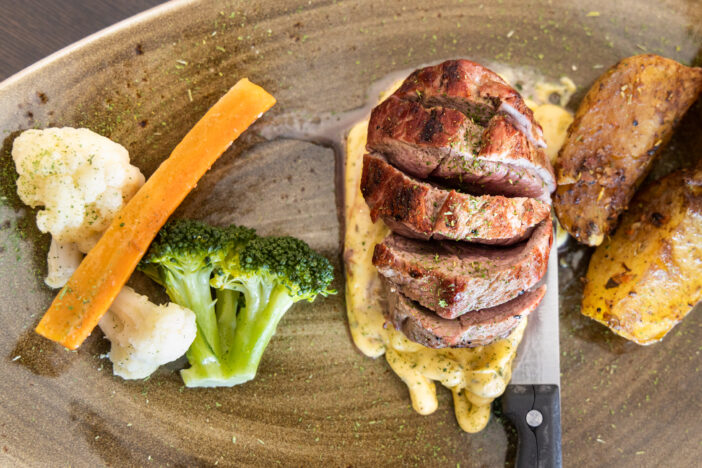
One of the primary reasons people are turned off by gamey taste is due to its strong, pungent aroma. Our sense of smell is closely linked to our sense of taste, and an overpowering smell can negatively influence our perception of flavor. The aroma of game meat can be so intense that it overwhelms the olfactory senses, leading to a less enjoyable eating experience for those not used to it.
Moreover, the strong aroma of game meat is often associated with a sense of ‘wildness’ that some find off-putting. This scent can be a stark contrast to the more neutral odors of common meats, and it can signal to the brain that the meat is unfamiliar or even potentially unsafe, triggering a defensive response that causes aversion.
2. Unfamiliar Palates
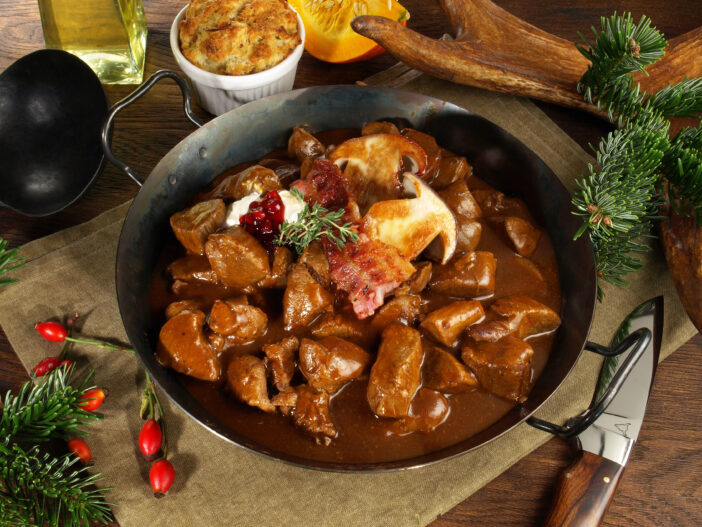
Many people grow up eating a relatively narrow range of meats, primarily from domesticated animals. When introduced to game meat, the unfamiliar flavors can be jarring. Our palates are conditioned by what we regularly consume, and the leap to game meat can be too far outside of some individuals’ comfort zones, leading to a dislike of the taste.
The lack of familiarity with gamey flavors can cause an almost instinctual rejection of the meat. It’s not uncommon for people to be hesitant about trying new foods, and the pronounced difference in game meat can be particularly challenging for those with less adventurous palates.
3. Texture Issues
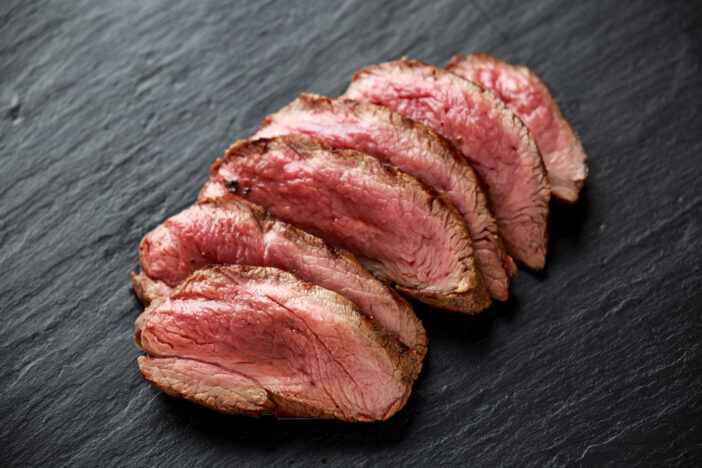
Another reason the gamey taste is unappetizing to some is the texture of the meat. Game animals are often more muscular and have less fat than their domesticated counterparts, which can result in meat that is tougher and chewier. This can be especially true if the meat is not cooked correctly, as game meat requires different preparation methods to achieve tenderness.
The texture of game meat can also vary widely depending on the species, the age of the animal, and how it was processed. These variations can lead to inconsistency in dining experiences, which can be off-putting for those who prefer the predictable texture of more commonly consumed meats.
4. Psychological Factors
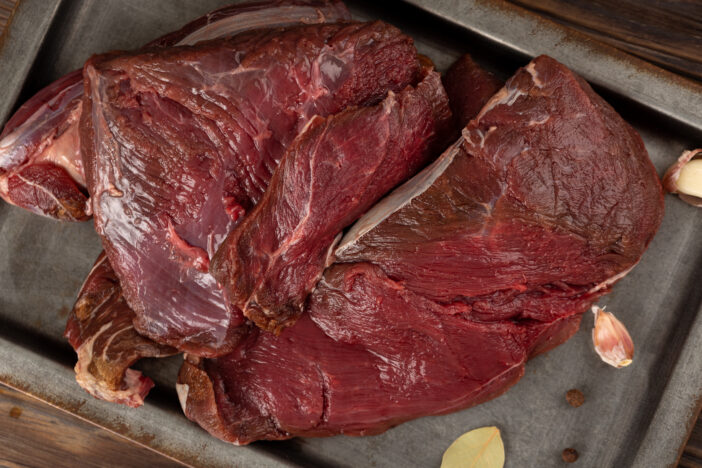
Psychological factors play a significant role in why some people are turned off by the gamey taste. The concept of eating wild animals can evoke a range of emotions and preconceived notions, from the idea that wild meat is less clean or safe than farm-raised meat to cultural biases against consuming certain types of animals. These psychological barriers can influence one’s perception of the taste and overall enjoyment of the meat.
In addition, the way game meat is often portrayed in media and popular culture can contribute to its negative perception. If game meat is associated with survival situations or depicted as a less desirable option, people may be predisposed to dislike it even before they taste it.
5. Improper Preparation
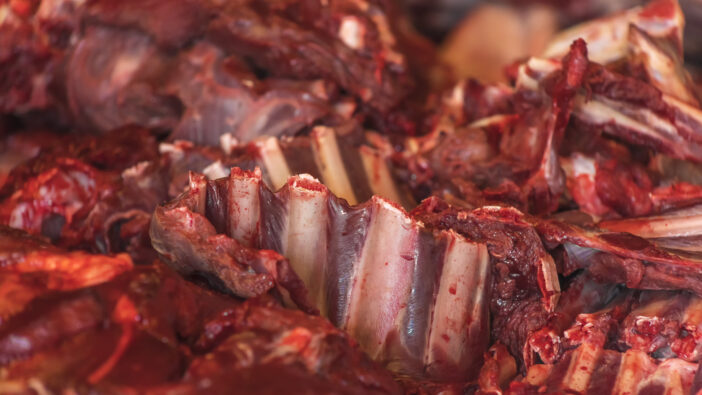
Improper preparation is a significant reason why people might be turned off by the gamey taste. Game meat requires specific handling and cooking methods to mitigate its strong flavors and tough texture. Without the proper technique, the meat can become overly gamey and unpalatable.
Many people are not familiar with the best practices for preparing game meat, which can lead to disappointing culinary experiences. From not aging the meat correctly to overcooking it, mistakes in preparation can exacerbate the gamey qualities and turn people away from trying it again.
What Causes Gamey Taste?
The gamey taste in wild meat can be attributed to several factors. Primarily, it is the result of the animal’s natural diet, which often consists of grasses, herbs, and wild plants that impart various flavors into their muscle tissue. Additionally, the presence of certain fatty acids that are less common in domesticated animals’ meat can contribute to the gamey taste.
Another contributing factor is the way wild animals are processed. Unlike domestic meat, which is typically aged under controlled conditions to improve flavor and tenderness, game meat may be affected by the conditions under which it is field-dressed and stored. If not done properly, these factors can enhance the gamey flavors and make the meat less appealing to some.
Overcoming Gamey Taste Aversion
For those who are interested in expanding their culinary horizons, overcoming an aversion to gamey taste can be rewarding. It involves a combination of understanding the source of the flavor and gradually acclimating to the taste. By starting with milder game meats and incorporating them into familiar dishes, one can slowly become more comfortable with the flavors.
Additionally, pairing game meats with the right ingredients and seasonings that complement or mellow the gamey taste can make the transition easier. Over time, the palate can adjust, and the unique flavors of game meat can be appreciated for their complexity and depth.
Tips for Reducing Gameyness
There are several tips and techniques for reducing the gamey taste of meat. One method is to marinate the meat in acidic ingredients like vinegar or citrus, which can help break down tough muscle fibers and mellow strong flavors. Soaking the meat in milk or buttermilk is another popular tactic, as it can help draw out some of the blood and gamey-tasting compounds.
Proper aging and storage of game meat are also crucial for reducing gameyness. Aging allows enzymes to tenderize the meat and enhance its flavor, while proper storage prevents the growth of bacteria that can contribute to off-flavors. Additionally, cooking game meat at lower temperatures for longer periods can help make it more palatable by ensuring tenderness and allowing flavors to meld.
Embracing Game Meat Benefits
Despite the challenges associated with gamey taste, there are many benefits to embracing game meat. Game animals are typically free from the hormones and antibiotics found in some farm-raised meats, making them a more natural and potentially healthier option. They are also a sustainable choice, as hunting can be an integral part of wildlife management and conservation efforts.
Moreover, game meat is often leaner and higher in protein than conventional meats, offering nutritional advantages. Learning to appreciate and prepare game meat can open up a new world of culinary experiences and contribute to a more diverse and sustainable diet.
While gamey taste can be a barrier for some, understanding and addressing the reasons behind this aversion can lead to a greater appreciation of game meat’s unique flavors. With proper preparation and an open mind, even the most skeptical eaters may find themselves enjoying the rich and varied tastes that the game has to offer.






